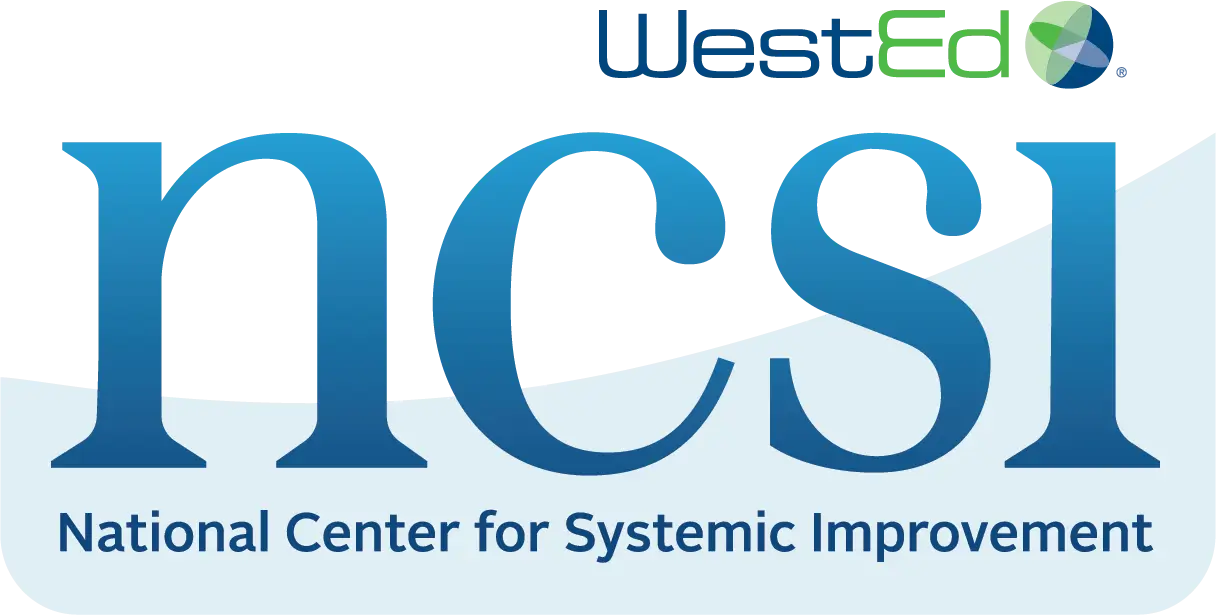The purpose of this resource is to help teams ensure that the implemented model of support (e.g., teacher coaching, systems coaching, training) leads to the desired outcomes (e.g., improved teacher practice, improved knowledge of teams on systems change). Teams working at the local or state level may find this tool helpful in supporting decision-making on which model(s) to select to meet intended outcomes, when first implementing the support model or after the model has been in place to examine impact and support refining implementation activities. This tool may also be useful when teams are in the process of selecting a specific support model for use.
Grounding Assumptions: Uncovering Beliefs and Biases that Impact Stakeholder Engagement
These Grounding Assumptions activities help state agencies explore how beliefs can advance or constrain deeper stakeholder engagement. State agencies can use these resources to identify and examine beliefs in the culture of the agency that underlie leadership behaviors.
The Grounding Assumptions packet of resources includes the following:
• Overview/Infographic
• User Guide
• Facilitator’s PowerPoint with Presentation Notes
• Activity and Response Sheet
• Suggested Follow-through
• A Customizable Activity for Any Content
These Grounding Assumptions were developed by the participants in the Thought Leader Forum on the Touchpoints between Leading by Convening (LbC) and Implementation Science (IS), hosted by the NCSI in collaboration with the State Implementation and Scale-up of Evidence-based Practices (SISEP center).
Implementation Strategies and Resource Grid: A Companion Tool to Wins and Hiccups
This tool summarizes common implementation barriers (referred to as “hiccups”) and suggests strategies (Powell et al., 2015) and resources that may be used to offset hiccups (e.g., Cashman et al., 2014). Teams responsible for guiding implementation of their SSIP should plan to use this tool in conjunction with another tool: the National Center for Systemic Improvement’s (NCSI’s) Wins and Hiccups: A Collaborative Implementation Problem-Solving Guide for SSIP Teams (Hayes et al., 2017).
The Engagement Playbook
Can decision-makers and everyone who is responsible for implementing school improvement efforts come together to build a better, more sustainable approach to local improvement? This toolkit attempts to support such coming together by combining a powerful framework for school turnaround with a focus on the human side of change. The toolkit is built on the intersections between Leading by Convening, a blueprint for authentic engagement in school improvement developed by 50 national organizations and adopted by the National Center for Systemic Improvement, and the Four Domains for Rapid School Improvement, a framework developed by the national Center on School Turnaround (CST).
State Request for Prior Approval of Participant Support Costs
When IDEA funds are used to pay for non-state employee participation in conferences or training projects, prior approval must be granted by the Office of Special Education Programs (OSEP). This worksheet, created by NCSI, includes all of the required elements for prior approval of participant support costs and can be completed by an SEA to and submitted to OSEP. Contact the NCSI Fiscal Support Team with questions about and for assistance completing the form.
Dialogue Guide: Where Are The Stakeholders In Implementation Science?
This Dialogue Guide offers a process for focused conversation with stakeholders around important topics. Dialogue Guides typically include a source document, reaction questions and application questions that help move participants from conversation to collective action. The source document used for this Dialogue Guide was adapted from a blog post published by the National Implementation Research Network titled: Where are the stakeholders in implementation science? (Metz and Boaz, 2016).
This Dialogue Guide was developed by the participants in a Thought Leader Forum on the Touchpoints between Leading by Convening and Implementation Science, hosted by the National Center for Systemic Improvement (NCSI) in collaboration with the State Implementation and Scale-up of Evidence-based Practices (SISEP) Center. State leaders can use the reaction and application questions as a resource to help them engage stakeholders in improving their early intervention and education systems. It includes a user guide and engagement activity.
It is part of a suite of products developed from the Thought Leader Forum including:

